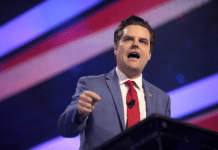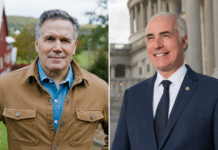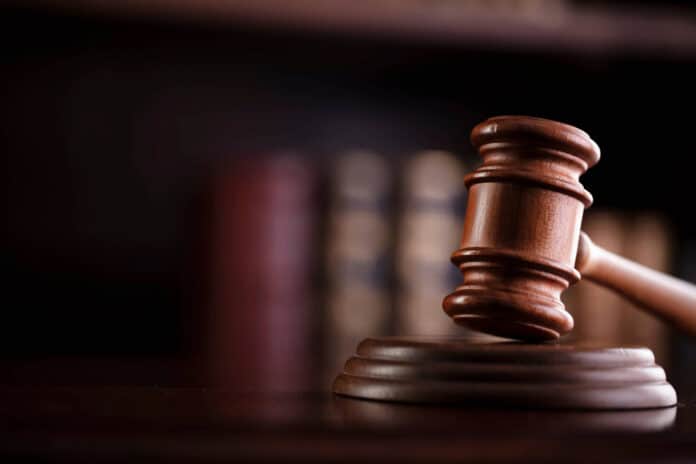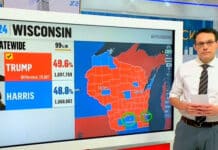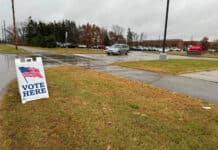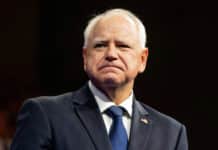A federal judge dismissed a challenge this week to a new election law in a ruling that opponents say will have “far-reaching consequences for free speech and political discourse in Minnesota.”
According to Judge Nancy Brasel’s Tuesday ruling, the law in question prohibits anyone within 60 days of an election from knowingly disseminating “materially false” statements with the intention of impeding or preventing another person from voting.
“The law is limited to statements that a person knows to be materially false, and made with intent to prevent someone from voting. The statute is thus narrowly drawn to further Minnesota’s interests,” Brasel wrote regarding the law that took effect in 2023.
However, the Upper Midwest Law Center (UMLC) believes the law “improperly criminalizes good-faith political statements about voter eligibility.”
“This Speech Code, passed by the left-wing Legislative majorities and signed by Gov. Tim Walz last year, allows the Attorney General, a County Attorney, or any other person to take good-faith Minnesotans to court over their speech about election-related political issues just because they disagree with it,” said James Dickey, senior counsel at UMLC, which filed a lawsuit challenging the law on behalf of the Minnesota Voters Alliance (MVA).
“It tramples on the free marketplace of ideas and is unconstitutional. As long as it is in force, our clients and the rest of Minnesota continue to be subject to an unconstitutional gag order on hot-button political issues like the new unconstitutional Felon Voting Law. We plan to appeal.”
MVA believes Minnesota’s law restoring voting rights to certain felons exemplifies the “dangers of this speech code.” They think the felon voting law is unconstitutional but face the threat of prosecution for making statements they believe to be true, such as, “felons still serving their sentences do not have a right to vote in Minnesota.”
“This law allows those with the money and time to bring bad lawsuits to call Minnesotans into court to defend their speech,” said Reilly Stephens of the Liberty Justice Center, which serves as co-counsel in the case.
“This is an obvious violation of the First Amendment, which guarantees robust political discourse without hemming and hawing over how to precisely phrase that discourse. The law chills true political speech, and we will call on the Eighth Circuit to reverse this decision and issue an injunction.”




